I still remember my high school history teacher telling us about the founding of the United Nations. She spoke with genuine hope in her voice about how this organization would finally prevent the kind of devastation we saw in two world wars.
The promise seemed simple: countries would talk instead of fight, international law would matter more than military power, and the world would finally have a referee to keep the peace.
Nearly decades later, I can’t help but feel we were sold a fantasy. The UN hasn’t just failed to prevent wars—it’s become increasingly irrelevant while the world burns around it. And the worst part? Most of us are too polite or too invested in the idea to admit it out loud.
To begin with,
UN Security Council: it was designed to fail from the start.
Five countries—the US, Russia, China, France, and the UK—can veto anything they don’t like.
And they do, constantly, whenever their interests are threatened.
Look at 2024.
Seven draft resolutions failed because of vetoes. Seven. That’s the highest number since 1986 (Security Council Report, 2024). Russia used its veto four times, the United States three times, and China once.
Every single one of those vetoes meant people died while diplomats argued in air-conditioned conference rooms.
Syria is the most damning example I can think of. Over half a million people dead since 2011. Russia has vetoed 19 separate resolutions on Syria—fourteen of them specifically designed to hold someone accountable for what’s happening there (Nichols, 2023).
China added eight more vetoes for good measure. In 2023, Russia even blocked humanitarian aid authorization that millions of desperate Syrians needed to survive.
Remember when chemical weapons were used in Ghouta in 2013? Over 1,400 people killed, including children.
The UN’s response was basically “we’re very concerned” followed by emergency meetings that produced exactly nothing (BBC News, 2013). Meanwhile, 6.8 million Syrians fled their country and another 6.7 million are displaced inside it (UNHCR, 2023).
The UN just watched it happen.
Then there’s Ukraine, which exposes the whole system’s absurdity.
Russia invades a sovereign country in February 2022, and when the Security Council meets to discuss it, Russia—the aggressor—vetoes any action against itself.
Think about that.
The country starting the war gets to block any consequences. It’s like letting the defendant be the judge in his own trial.
Three years later, the numbers are staggering.
Over eight million Ukrainians have fled as refugees, another 3.6 million are displaced inside the country, and the UN estimates 12.7 million people need humanitarian assistance in 2025 (UNHCR, 2025).
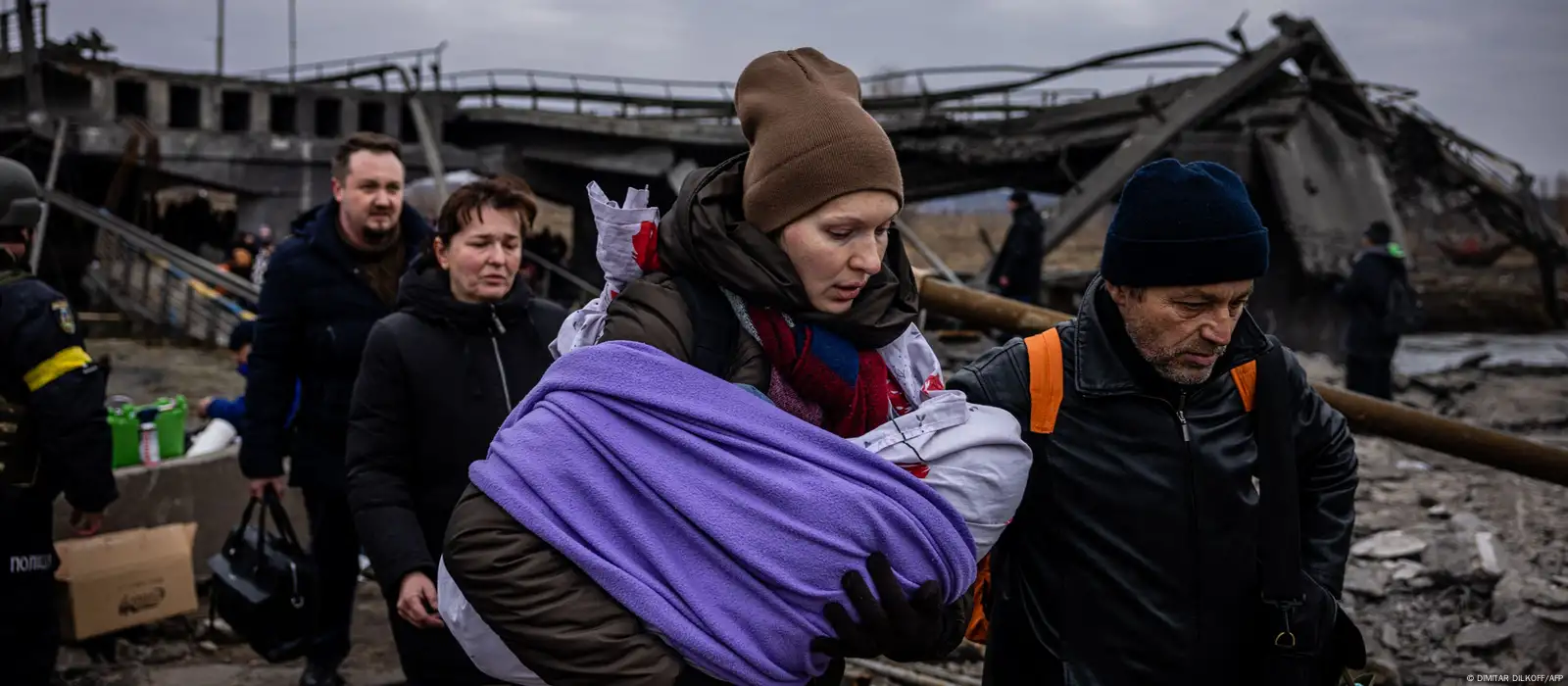
Between December 2024 and May 2025 alone, 968 civilians were killed and 4,807 injured—a 37% increase from the previous year (UN OHCHR, 2025). The UN’s contribution? Humanitarian aid and non-binding resolutions that Russia ignores.
Yemen might be the world’s worst humanitarian disaster right now, with over 377,000 deaths, yet the Security Council barely acts because Saudi Arabia and Iran are involved, and nobody wants to upset those geopolitical apple carts (UN OCHA, 2023). The UN calls it a “slow-motion car crash” but can’t even tap the brakes.
And Gaza?
Since October 2023, over 40,000 Palestinians have died. The United States has repeatedly vetoed ceasefire resolutions—most recently in September 2025—even when 14 other Council members voted for humanitarian action (Al Jazeera, 2025). In 2024, the UN General Assembly President openly stated that the Security Council remains “unable to collectively address critical peace and security situations in Gaza, Mali, Syria and Ukraine” (UN News, 2024). When the UN itself admits it can’t do its primary job, what are we even talking about?
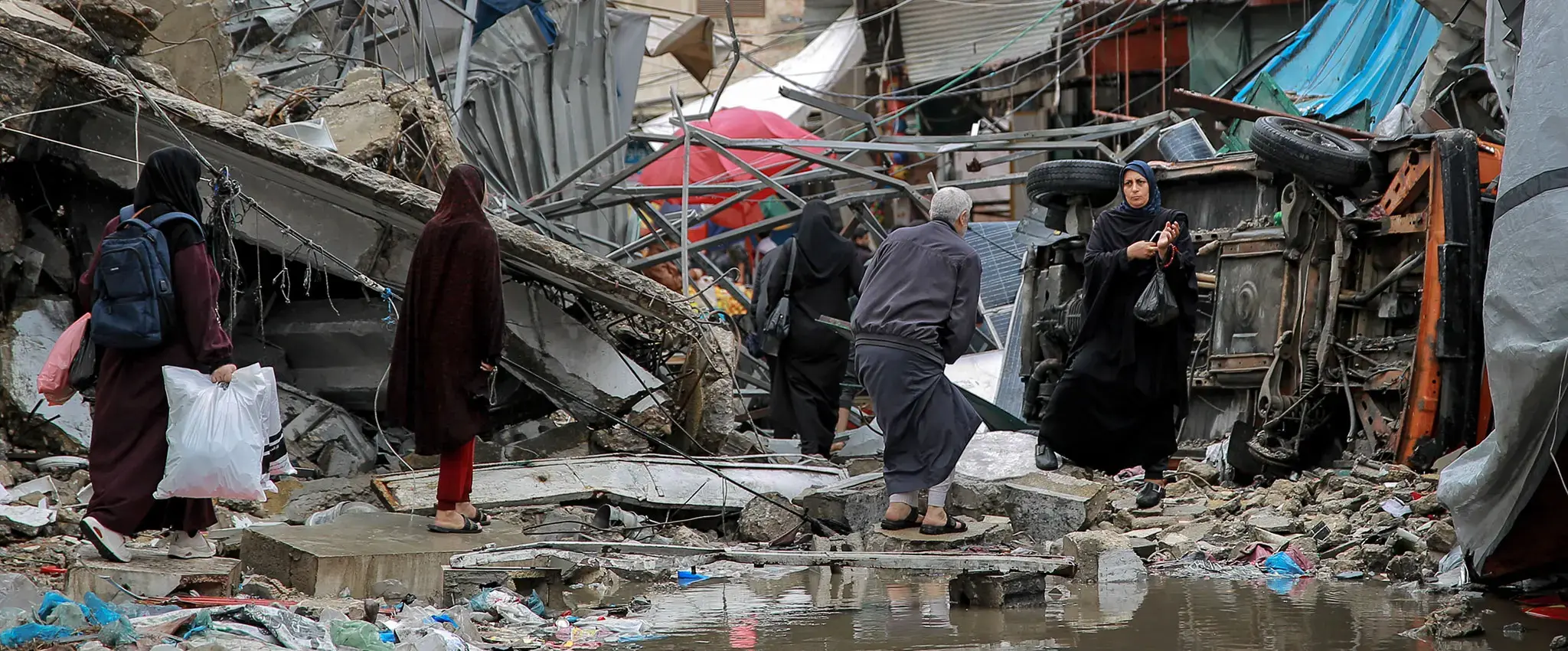 UN: a toothless tiger
UN: a toothless tiger
The UN’s peacekeeping missions were supposed to be its signature achievement. They even won a Nobel Peace Prize.
UN peacekeepers often arrive too late, have impossible mandates, and lack the authority or firepower to actually protect anyone.
Rwanda haunts me whenever I think about UN peacekeeping. General Roméo Dallaire had 2,500 peacekeepers on the ground in 1994. He watched the genocide build and begged for reinforcements and a stronger mandate. Instead, the Security Council cut his force to 270 troops (Dallaire, 2003). In 100 days, approximately 800,000 Tutsis and moderate Hutus were slaughtered while UN peacekeepers stood by, forbidden to intervene.
Srebrenica was the same story. The UN declared it a “safe area” in 1995, which gave people false hope. Then Dutch peacekeepers watched as Bosnian Serb forces massacred over 8,000 Bosnian Muslim men and boys (Honig & Both, 1997). The UN’s protection meant nothing.
Fast forward to the Democratic Republic of Congo, where the UN ran its largest and most expensive peacekeeping mission—over 16,000 troops at its peak, costing about a billion dollars annually.
Did it stop militia violence? No.
Did it prevent thousands of deaths and millions of displacements? No.
Did some peacekeepers sexually abuse the people they were supposed to protect? Yes (Refugee International, 2024).
It’s been a catastrophic failure that somehow continues year after year.
The UN’s Economic Bodies Are Bystanders to Trade Wars
When the United States and China started their trade war in 2018, slapping tariffs on hundreds of billions of dollars of goods, where was the World Trade Organization? Nowhere.
Both countries just ignored WTO principles, and the organization couldn’t do anything about it (Bown & Kolb, 2021).
Actually, it gets worse.
The WTO’s Appellate Body—basically its Supreme Court for trade disputes—stopped functioning in December 2019 because the US blocked new judge appointments.
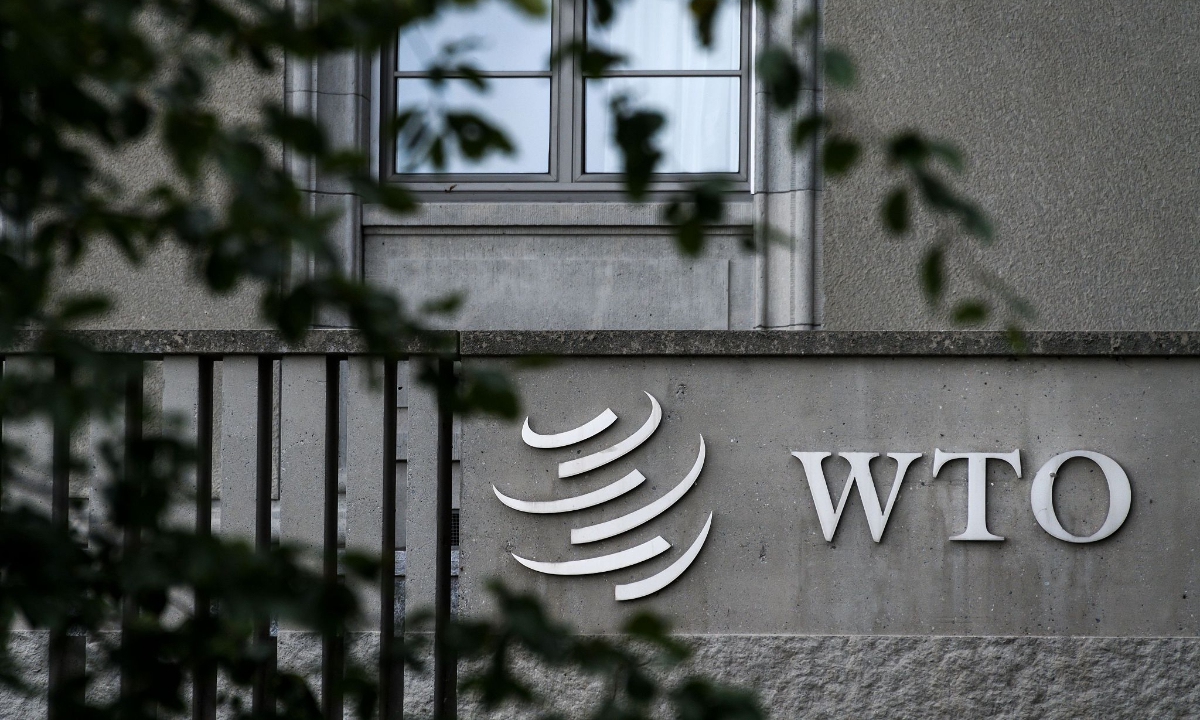
So the WTO literally has no functioning court system anymore (Payosova et al., 2018). Imagine if your country’s judicial system just stopped working because one party didn’t like the judges.
During COVID-19, when we desperately needed coordinated global economic responses, did anyone turn to the UN Conference on Trade and Development or other UN economic bodies? No.
Countries worked through the G20, made bilateral deals, and formed regional partnerships (World Bank, 2021). The UN’s proposals for vaccine equity and economic coordination were politely ignored.
Countries Are “Moving On” to Other Clubs
Given all these failures, why would anyone be surprised that countries are investing their energy elsewhere?
India’s deep engagement with BRICS and the Shanghai Cooperation Organisation reflects a broader trend: the UN is becoming less relevant while regional and issue-based groupings gain power.
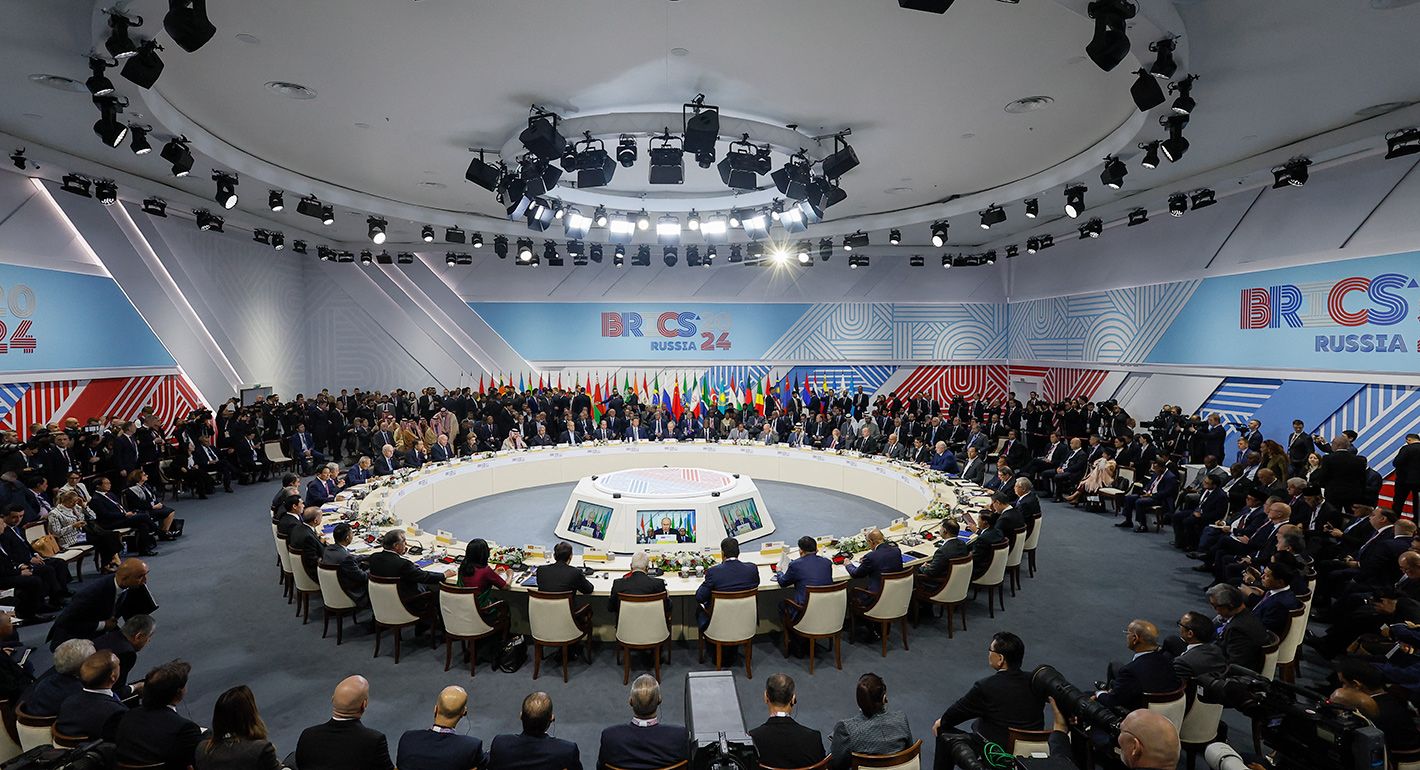
BRICS has been rapidly expanding. It added Egypt, Ethiopia, Iran, and the United Arab Emirates in 2024. Indonesia joined in early 2025, making it the first Southeast Asian member (House of Commons Library, 2025). These countries represent about 45% of the world’s population. They’ve created their own New Development Bank, which has expanded to include Bangladesh, Egypt, and UAE, with Algeria and Uruguay in the process of joining (New Development Bank, 2024). It’s a direct challenge to World Bank and IMF dominance.
Prime Minister Modi has been particularly blunt about the UN’s failures. At the 2024 UN Summit of the Future, he emphasized that “reform is key to relevance,” pointing out that the UN’s structure is stuck in 1945 while the world has transformed completely (Ministry of External Affairs, 2024).
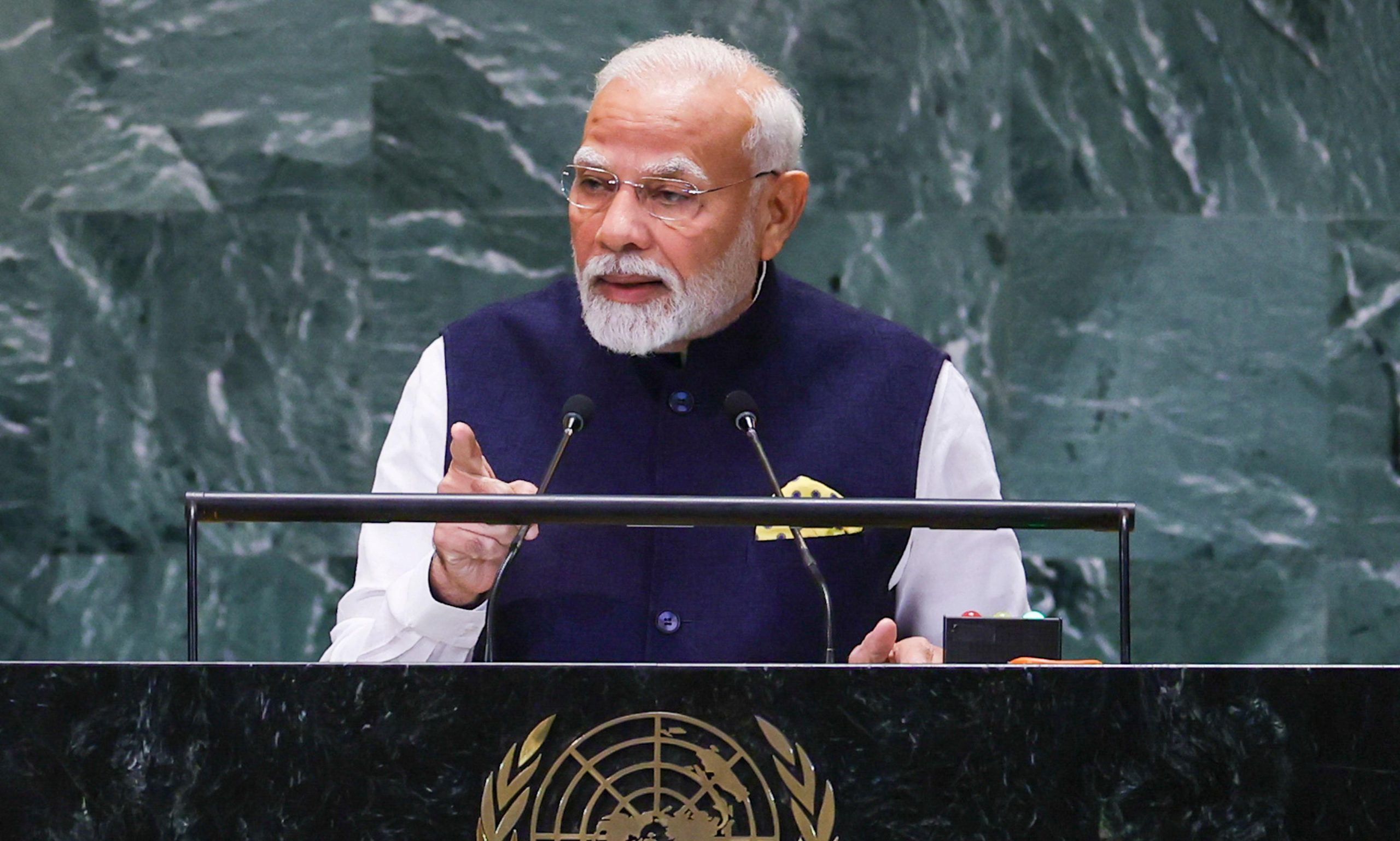
He’s repeatedly asked: “How long will India be kept out of the decision-making structures of the United Nations?” It’s a valid question. India has 1.4 billion people—more than any other country—but no permanent Security Council seat. Meanwhile, the UK and France, with combined populations under 130 million, each hold veto power.
The African Union has brokered peace deals the UN couldn’t. ASEAN has created economic frameworks that bypass UN bureaucracy. The Gulf Cooperation Council handles regional issues without waiting for New York’s blessing. Countries are voting with their diplomatic capital, and the UN is losing.
The Human Rights Council Is a Bad Joke
I don’t know whether to laugh or cry about the UN Human Rights Council. Countries with horrific human rights records regularly serve on this body. China, Russia, Cuba, Venezuela—they’ve all had seats. Libya chaired it in 2003, right before Gaddafi’s regime collapsed and exposed systematic abuses (UN Watch, 2021).
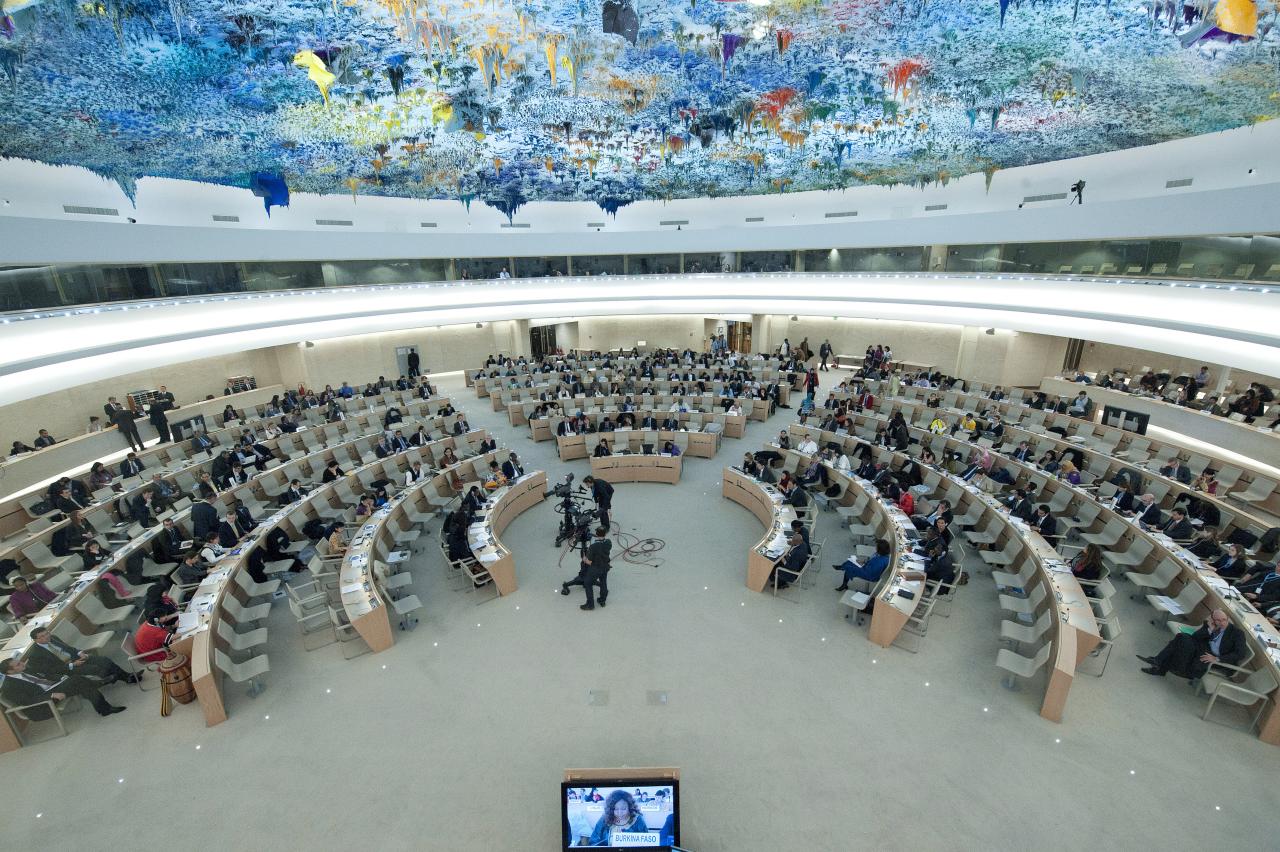
The council has passed more resolutions condemning Israel than all other countries combined. Whatever you think about Israeli policy, that’s absurd on its face and destroys the council’s credibility (UN Watch, 2023). Meanwhile, China’s detention of over one million Uyghurs in Xinjiang barely registers. When UN High Commissioner Michelle Bachelet finally visited Xinjiang in 2022, critics argued she gave China cover rather than exposing abuses (Human Rights Watch, 2022).
The UN adopted “never again” after the Holocaust. But genocide happened again in Rwanda. And in Srebrenica. And in Darfur. And against the Rohingya in Myanmar. The phrase has become an empty slogan we repeat while doing nothing.
The Money Problem Nobody Talks About
The UN’s funding model is broken.
The United States provides 22% of the regular budget and about 27% of peacekeeping costs, giving Washington enormous leverage (UN, 2024). When the US withholds funding—which happens regularly—the UN faces crisis. Member states collectively owe billions in unpaid dues, forcing the organization to operate in chronic financial uncertainty.
Yet despite spending roughly $3 billion annually on the core budget, plus billions more on peacekeeping and agencies, what’s the return on investment? The UN employs over 44,000 people worldwide across various agencies (UN, 2023). That’s a massive bureaucracy that produces reports and conferences but rarely produces results that save lives or prevent wars.
What Actually Needs to Happen
Look, I don’t want to just complain.
The UN’s founding ideals still matter.
A world with international law and collective security is better than the alternative. But ideals without action become lies we tell ourselves.
The UN needs radical reform, not cosmetic changes. Here’s what has to happen:
-
First, the veto must go or be severely restricted. No country should shield itself or its allies from accountability for aggression or war crimes. The Security Council needs to expand to include permanent representation for Africa, Latin America, and Asia. India, Brazil, Nigeria, Japan—these countries need seats at the table. The council must reflect 2025, not 1945.
-
Second, we need real enforcement capability. The UN needs a standing rapid response force that doesn’t depend on member states volunteering troops. When genocide begins, we need responders within days, not months of negotiations. This force needs clear rules of engagement that prioritize protecting civilians over political calculations.
-
Third, funding must become independent. Create independent revenue streams—maybe a minimal tax on international financial transactions or a global carbon levy—so the UN isn’t beholden to any single nation’s political whims. Financial independence enables political independence.
-
Fourth, accountability has to mean something. Create an independent oversight body with real power to investigate failures like Rwanda and Srebrenica and hold officials accountable. The culture of impunity inside UN bureaucracy must end.
-
Fifth, strengthen regional organizations instead of competing with them. The African Union often understands African conflicts better than diplomats in New York. Support regional solutions while maintaining global coordination.
-
Finally, accept reality. Some situations may require coalition-based action outside UN frameworks when the organization is paralyzed. Rather than pretending the UN has authority it cannot exercise, create legal frameworks for legitimate humanitarian intervention that don’t require Security Council approval when permanent members obstruct action against genocide or aggression.
-
The UN’s ideals are still worth fighting for. But ideals without implementation are just pretty lies. The organization must transform dramatically or accept irrelevance.

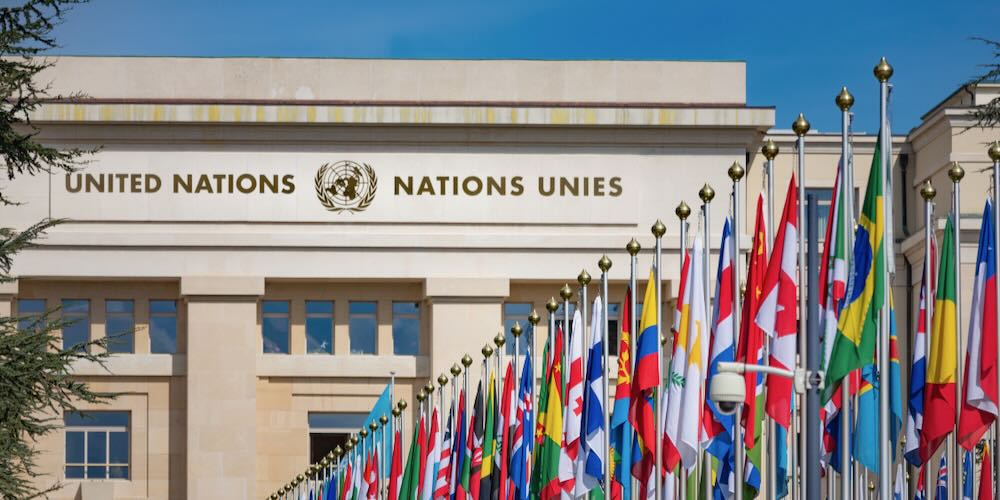

 Dr. Jaimine Vaishnav is a faculty of geopolitics and world economy and other liberal arts subjects, a researcher with publications in SCI and ABDC journals, and an author of 6 books specializing in informal economies, mass media, and street entrepreneurship. With over a decade of experience as an academic and options trader, he is keen on bridging the grassroots business practices with global economic thought. His work emphasizes resilience, innovation, and human action in everyday human life. He can be contacted on jaiminism@hotmail.co.in for further communication.
Dr. Jaimine Vaishnav is a faculty of geopolitics and world economy and other liberal arts subjects, a researcher with publications in SCI and ABDC journals, and an author of 6 books specializing in informal economies, mass media, and street entrepreneurship. With over a decade of experience as an academic and options trader, he is keen on bridging the grassroots business practices with global economic thought. His work emphasizes resilience, innovation, and human action in everyday human life. He can be contacted on jaiminism@hotmail.co.in for further communication.